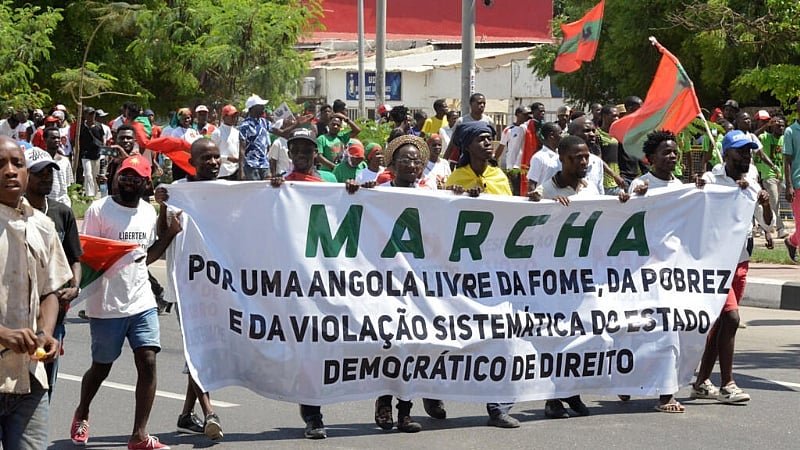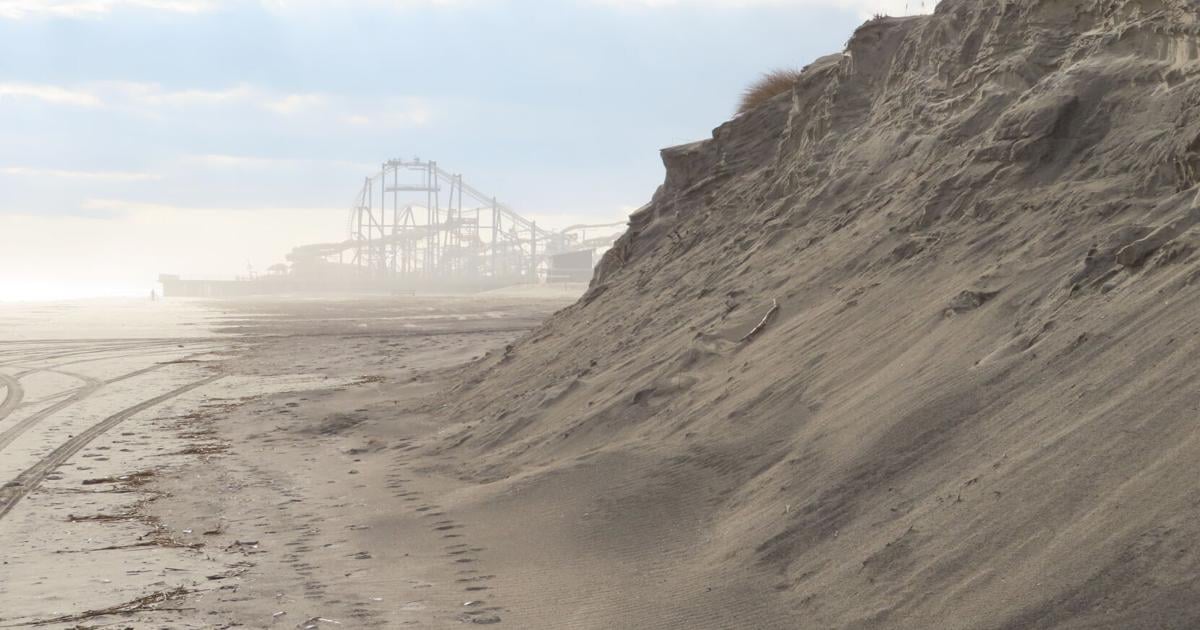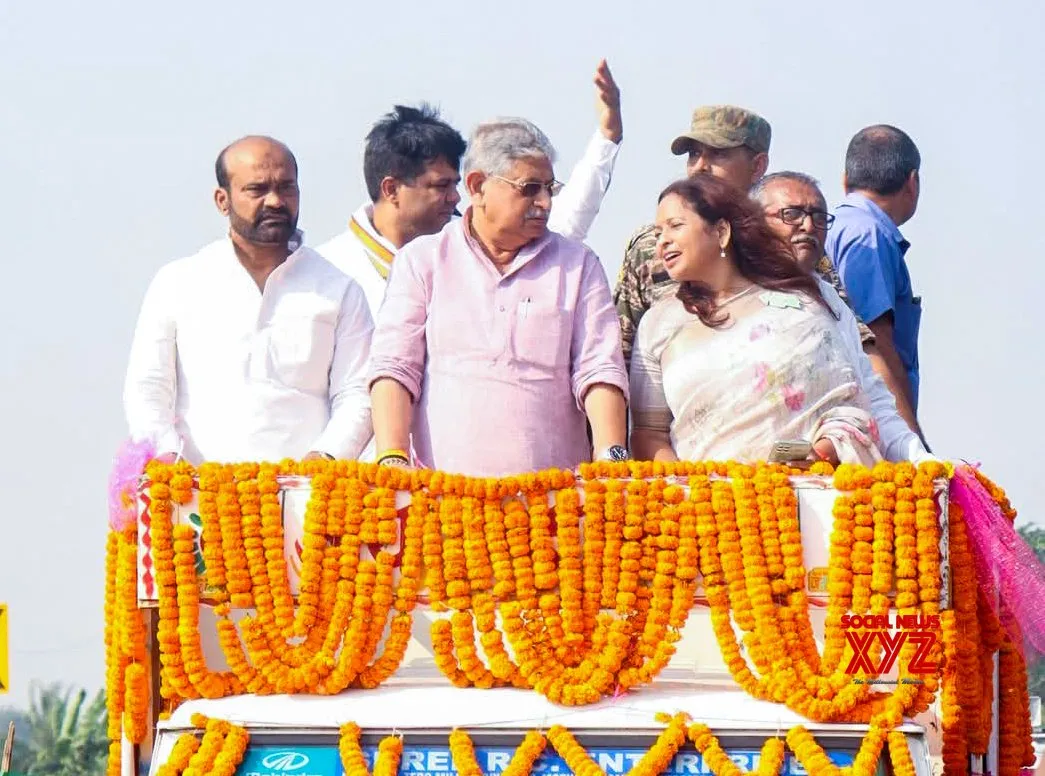Copyright modernghana

Angola declared its independence from Portugal on 11 November, 1975. But in a country where the majority of the population was born after the civil war, the celebrations give rise to a question: what does it mean to be free when peace has not brought the promised prosperity? The promises made in 1975 painted a picture of an egalitarian state, capable of repairing five centuries of domination and transforming political freedom into social justice. The Angola of 2025 is rich in natural resources, including oil, gas and diamonds. Its capital, Luanda, is dotted with steel and glass towers Almost 70 percent of its 37 million inhabitants are under 30 – a dynamic, urban population. However, the United Nations Human Development Index ranks the country 148th out of 193. Despite significant progress since the end of the civil war in 2001, the gap between the promised land and the reality remains – with a lack of infrastructure, poor housing amongst the capital's skyscrapers and a generation of frustrated youth. President João Lourenço, elected in 2017 following José Eduardo dos Santos's 38-year reign, likes to remind the people that "independence is not an end point, but an ongoing endeavour". Under his leadership, the country has been attempting to turn the page on its authoritarian past, and its economy's total dependence on oil – the revenues from which fund more than 80 percent of the state budget. Angola left OPEC, the intergovernmental body of oil-producing nations, at the end of 2023 in order to regain control of its production. It is investing in gas and agricultural diversification, as well as building the multi-billion dollar Lobito Oil Refinery led by the state oil company, Sonangol. Completion is expected by early 2027, when it will process 200,000 barrels of crude oil per day, with the aim of making Angola a major exporter of refined products to both domestic and regional markets. A marginalised majority The young people who make up the majority of the Angolan population have known neither the war of independence nor the civil war. But while they may not have inherited the hardships of the past, they face another struggle: against unemployment, poverty and political mistrust. Despite two decades of peace, economic development remains fragile. Access to stable employment is rare, especially for graduates. "The problem is no longer war, but the distribution of wealth and economic freedom," says economist Francisco Paulo. According to him, Angola's labour market remains dominated by the informal economy: "Of 12 million workers, 10 million work in the informal sector. That represents more than 80 percent of jobs, a real social time bomb." Young people alternate between odd jobs, street trading and long periods of inactivity. The dominance of the oil economy has led to a lack of diversification of opportunities. Growth benefits a minority, while inequalities are widening. Meanwhile, the relationship between citizens and the state remains marked by mistrust. Activist Laura Macedo describes a climate of silent tension: "Citizens fear those in power, and those in power fear citizens. This mutual fear ultimately leads to revolt." She highlights a generational shift, saying: "Those who govern us can no longer threaten us with war. It no longer silences us." For her, this symbolises the breaking of a cycle: war is no longer a political argument. But freedom of expression remains fragile, limited by the authorities, the police and societal pressures. Transition to true democracy For philosopher and activist Domingos da Cruz, a leading figure in the 15+2 human rights group, the country remains trapped by an authoritarian culture. "Fifty years after independence, we cannot talk about freedom, only resistance," he says. He believes that the transition to true democracy "will depend exclusively on the Angolan people". The 15+2 name was coined when 15 young activists and two other individuals were arrested – da Cruz among them – for discussing a book on non-violent resistance to the regime under dos Santos. Their trial represented a turning point in the country's recent political history. For the first time, a civil protest led by young urbanites was expressed peacefully, without resorting to violence. Following this event, several citizen movements emerged in the fight against corruption, unemployment and electoral transparency. Artistic exchange between Brazil and Angola aims to reclaim colonial ties 'Women are relegated' Inequalities in the country are visible as early as primary school. Nearly 4 million children remain excluded from the education system, according to local NGOs. Activist Sizaltina Cutaia says there is a persistent hierarchy: "Young people simply want to live in a country where they can fulfil their potential, without having to join a political party." She added: "Education should be the starting point, but girls are still often excluded, especially in poor families. The belief persists that they will be supported by a husband." This lack of access to schooling further fuels inequality and undermines social mobility, and despite a growing presence in public life, women remain marginalised. Those active in politics face verbal abuse and media invisibility. "The history of Angola is told through the figure of the father of the nation. Women, despite being active participants in the struggle, are relegated to the margins," says Cutaia. Macedo too highlights institutionalised patriarchy. "The president said he would put women in government, and that he would put more in if they behaved themselves. That sums up the prevailing mindset." The promise of equality from 1975 has not been fulfilled, and nor have the pledges of prosperity. Fifty years after Angola's first president, Agostinho Neto, declared independence, the country no longer lives under fire, but under the weight of disillusionment. This article was adapted from the original version in French by Ligia Anjos.



